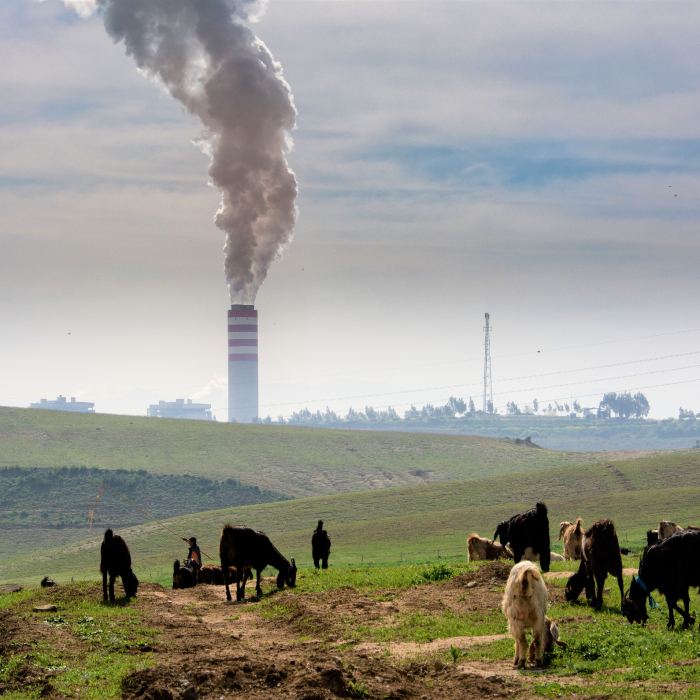About Us
Our Works
Voluntarism
Donation and Support
- Donation
- General Donation
- Sapling Donation
- Education Donation
- Wreath Donation
- Happy Day Board Donation
- Condolence Card
- Wedding & Opening Celebration Cards
- Memorial Forest Creation

